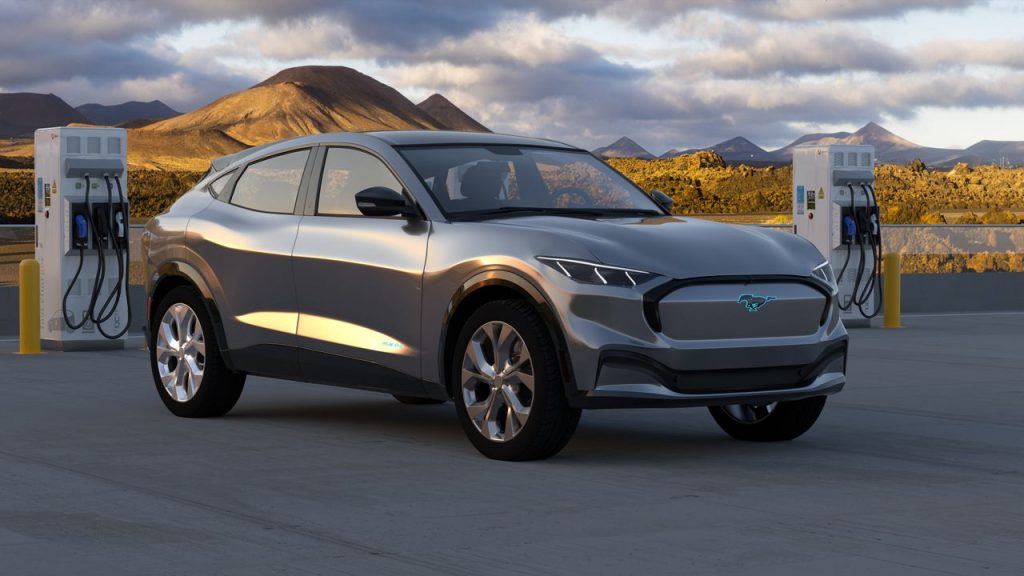The Role of Electric Cars in Reducing Greenhouse Gas Emissions
Electric cars have emerged as a promising solution to combat climate change and reduce greenhouse gas emissions. With their energy efficiency and emission-free transportation, electric vehicles (EVs) play a crucial role in transitioning towards a sustainable future.
Energy Efficiency
One of the key advantages of electric cars is their energy efficiency. Unlike internal combustion engine vehicles that rely on burning fossil fuels, EVs use electricity stored in rechargeable batteries to power an electric motor. This direct power transfer results in significantly higher energy efficiency compared to traditional vehicles.
According to the U.S. Department of Energy, electric cars convert about 77% of the electrical energy from the grid to power at the wheels, while conventional gasoline-powered vehicles only convert about 12-30% of the energy stored in gasoline. This stark difference in efficiency translates into reduced energy consumption and lower greenhouse gas emissions.
Emission-Free Transportation
Electric cars produce zero tailpipe emissions, making them a cleaner alternative to conventional vehicles. While it is true that the electricity used to charge EVs may be generated from fossil fuels, the overall emissions associated with electric cars are still lower than those of gasoline-powered cars.
As the world shifts towards renewable energy sources, the electricity used to charge electric cars will increasingly come from clean, renewable sources such as solar and wind. This transition will further enhance the environmental benefits of electric vehicles and contribute to the reduction of greenhouse gas emissions.
Combatting Climate Change
The role of electric cars in combating climate change cannot be overstated. The transportation sector is a significant contributor to greenhouse gas emissions, accounting for approximately 14% of global emissions. By transitioning to electric cars, we can significantly reduce this carbon footprint.
A study conducted by the Union of Concerned Scientists found that over their lifetime, electric cars produce fewer emissions compared to gasoline-powered vehicles in almost every part of the world. The emissions associated with manufacturing and charging electric cars are offset by the reduced emissions during their operation.
Furthermore, as renewable energy becomes more prevalent, the carbon footprint of electric cars will continue to decrease. This shift to sustainable transportation is crucial in mitigating the impacts of climate change and creating a cleaner, healthier planet for future generations.
Conclusion
Electric cars are playing a vital role in reducing greenhouse gas emissions and combating climate change. Their energy efficiency and emission-free transportation make them a sustainable alternative to traditional vehicles. As the world transitions to renewable energy sources, the environmental benefits of electric cars will only continue to grow.
By embracing electric vehicles, we can contribute to a greener future and work towards a world with cleaner air and reduced carbon emissions. It’s time to drive change and make electric cars the norm for a sustainable and climate-friendly transportation system.


